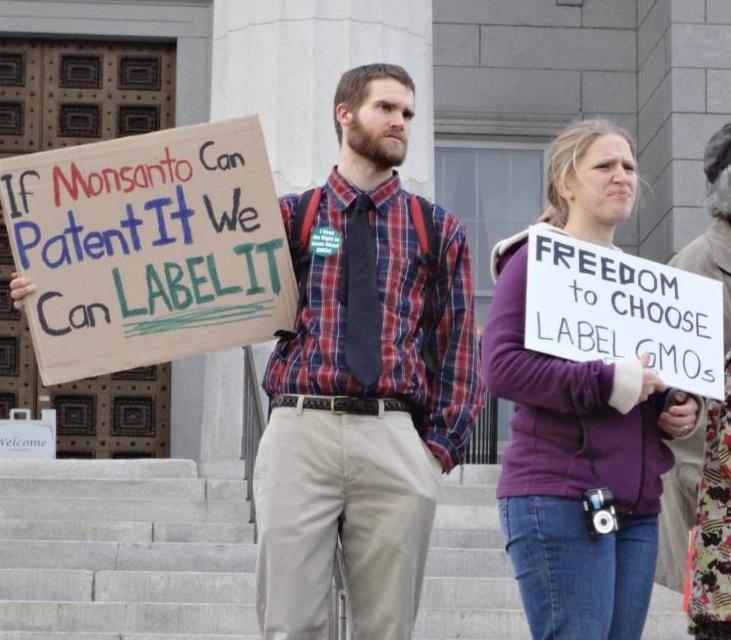Paper claiming “extreme” GMO opponents are ignorant contains many flawed assumptions

By Surya Zeeb
Published: January 29, 2019
Category: The Organic & Non-GMO Report Newsletter, GMO News
A new survey labels GM food opponents ignorant extremists. Claire Robinson asks whether the evidence stands up
A new paper published in the journal Nature Human Behaviour claims that people who are most opposed to genetically modified foods actually know the least. But a closer look by Claire Robinson of GM Watch reveals many flaws in the assumption and paper.
The paper, the lead author of which is Philip Fernbach of the Leeds School of Business at the University of Colorado, reports the results of an online survey on public attitudes to GM foods. As part of the survey, people were also asked science questions that enabled the researchers to grade their knowledge of science and genetics. The survey also asked the respondents to self-assess the extent of their knowledge of GM foods.
The researchers claim the results show that “As extremity of opposition to and concern about genetically modified foods increases, objective knowledge about science and genetics decreases, but perceived understanding of genetically modified foods increases. Extreme opponents know the least, but think they know the most.”
But the article is flawed from the beginning with its claim: “There is widespread agreement among scientists that genetically modified foods are safe to consume and have the potential to provide substantial benefits to humankind.” But the pioneering GM food scientist Dr. Belinda Martineau has described such blanket claims about GM food safety as without merit. She points out, “It is not possible to ascertain whether all products—past, present and future—developed using a technology, any technology, are safe. And to make such a general claim is not scientific; it is absurd.”
Survey found majority of people opposed to GMO foods.
Further, Dr. Tom Wakeford, who combines knowledge of the biosciences with social science expertise in public engagement on science and technology, said he was surprised that a paper with such obvious flaws made it through a process of academic peer review.
- The researchers narrowly defined “knowing” as scientific literacy based on knowledge of scientific facts, but ignored people’s depth of understanding and sensitivity to context, such as who told them the information.
- An alternative hypothesis for their overall results is obvious: the more scientific facts people learn without facts about the social and political context in which such facts were generated, the less understanding they will have of political and social perspectives on the issue in question.
- Online market research samples are notoriously unrepresentative of the wider population.
The survey is based on the long-discredited “deficit model,” which attributes public skepticism or hostility to the products of science and technology to a lack of understanding. The assumption behind this model is that if the correct information is provided to the public, any skepticism will disappear.
But Dr. Michael Antoniou says that assumption was found to be false during a “GM Nation?” public debate on GM crops and foods in the United Kingdom in 2003. “The outcome was striking: the more knowledge the participants received about the subject, the greater was their concern.”
Finally, the authors chose not to highlight—and the media ignored—an important finding of the survey: the majority of people surveyed are opposed to or concerned about GMO foods. Overall, 91 percent of respondents reported “some level of opposition” to GMO foods and 93 percent reported “some level of concern.” In other words, even many of the respondents who are “scientifically literate,” by the survey researchers’ own criteria, are at least somewhat concerned about GMOs.
Source: GM Watch
To view full article, visit:








